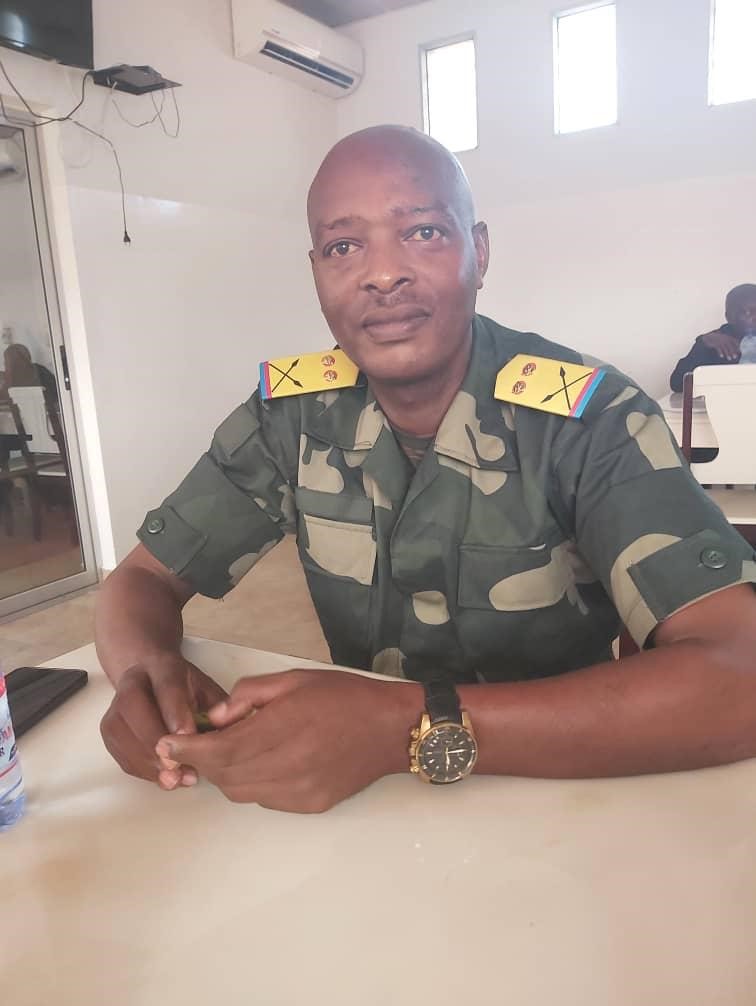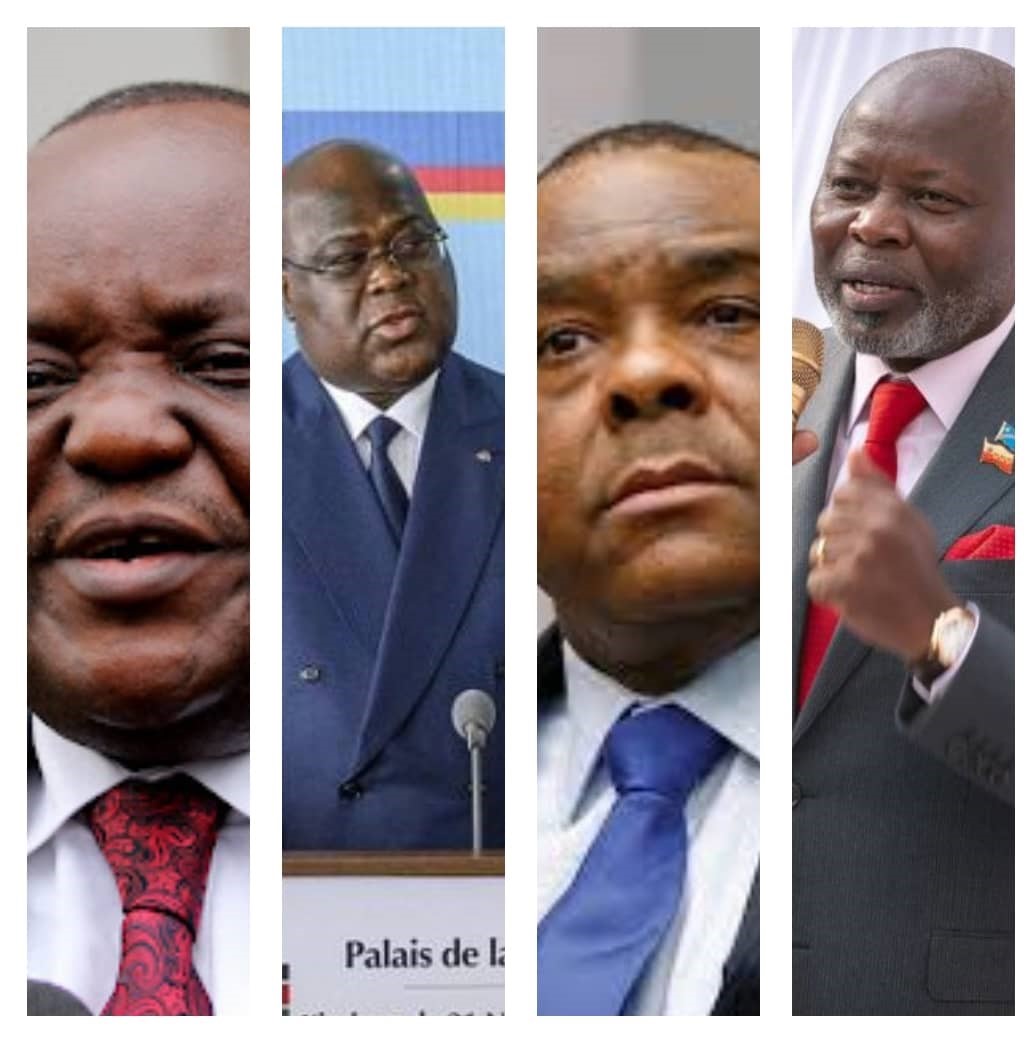Regional
DRC: What next after Tshisekedi rejects talks with M23, sanitizes FDLR?
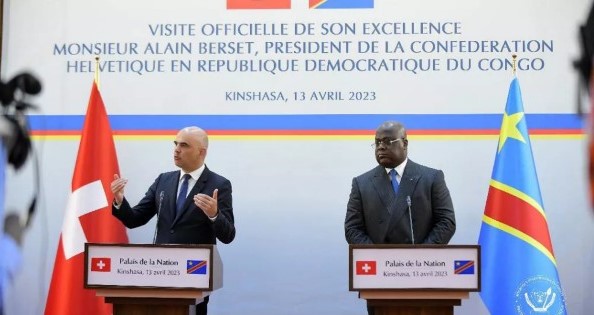
As
preparations for the fourth round of the Nairobi peace talks aimed at
containing Congolese armed groups continue, the facilitator has recommended the
inclusion of M23 due to its compliance with the Luanda recommendations.
The
withdrawal from previously captured areas, which are now occupied by the East
African Community Regional Forces (EACRF), are evidence enough that M23 has
been respecting the regional leaders’ agreement signed in the Angolan capital,
Luanda, in November 2022.
Despite
the facilitator's satisfaction with M23's compliance, DRC President Felix
Tshisekedi has categorically ruled out talks with the group.
During
a joint press conference held with the President of Switzerland, on April 13,
in Kinshasa, Tshisekedi stated that he would not negotiate with M23.
“There
is no way there will be political dialogue with this group, and there will
never be.”
“If
they (M23) are really Congolese as they claim, they should join this national
disarmament and demobilization program, then they can go back and live like
civilians.”
Tshisekedi's
stance is disturbing as it ruins all efforts geared towards peace, as the
region and international community are relying on the Kinshasa regime's
cooperation to achieve lasting peace in eastern DRC following M23's withdrawal.
If
negotiations are off the table, the peace mechanisms may hit a dead end once
M23 completes its withdrawal.
Additionally,
Tshisekedi's comments insinuating that M23 fighters are not Congolese create
further confusion, as the group is made up of Congolese citizens. M23 is not an
average rebel group, as it captured vast territories, and withdrew not because
it was defeated, but to give talks a chance.
Tshisekedi's
attitude towards peace is problematic, and he went as far as sanitizing the
FDLR terrorist group during the press briefing, claiming it does not pose a
threat to Rwanda.
“The
pretext that FARDC supports FDLR is a fallacy. The FDLR is a residual force
that is only dangerous to DRC, they no longer attack Rwanda and have no
political vindication against Rwanda,” claimed Tshisekedi during the press
briefing.
The
FDLR is composed of remnants of the masterminds the 1994 Genocide against the
Tutsi.
Since fleeing to DRC, 29 years ago, the group
and has persistently spread its genocidal ideology in DRC, resulting in the
killings of hundreds of thousands Congolese Tutsi.
The
United Nations Special Advisor on Genocide Prevention, Alice Wairimu Nderitu,
has twice issued statements clearly indicating that the FDLR is very active and
spreading Genocide ideology in DRC and as a result, said that there are
“warning signs” of a possible Genocide happening in DRC.
The
same concern is why M23 picked up guns – to avoid ethnic cleansing of their own
people.
If negotiations are not possible, what will
happen to Kinyarwanda-speaking Congolese citizens? Will they continue to be
killed until the last one of them or will they fight for their survival?
They
have already proven that they are capable of defending themselves, implying
that they will not sit back and wait to be killed.
The
situation in DRC is complex yet easy to solve, and the recent statements from
President Tshisekedi regarding the M23 and FDLR only add salt to a wound.
It
is crucial that regional leaders and the international community continue to
push for negotiations and a peaceful resolution to the conflict.
The
Congolese Tutsi population has suffered enough, and they deserve a chance at
peace and secure future.


.jpeg-20221214055432000000.jpeg)
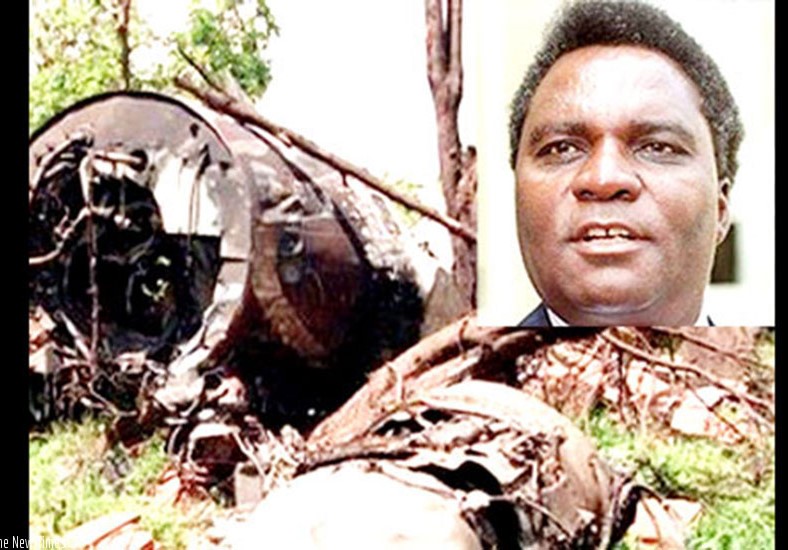
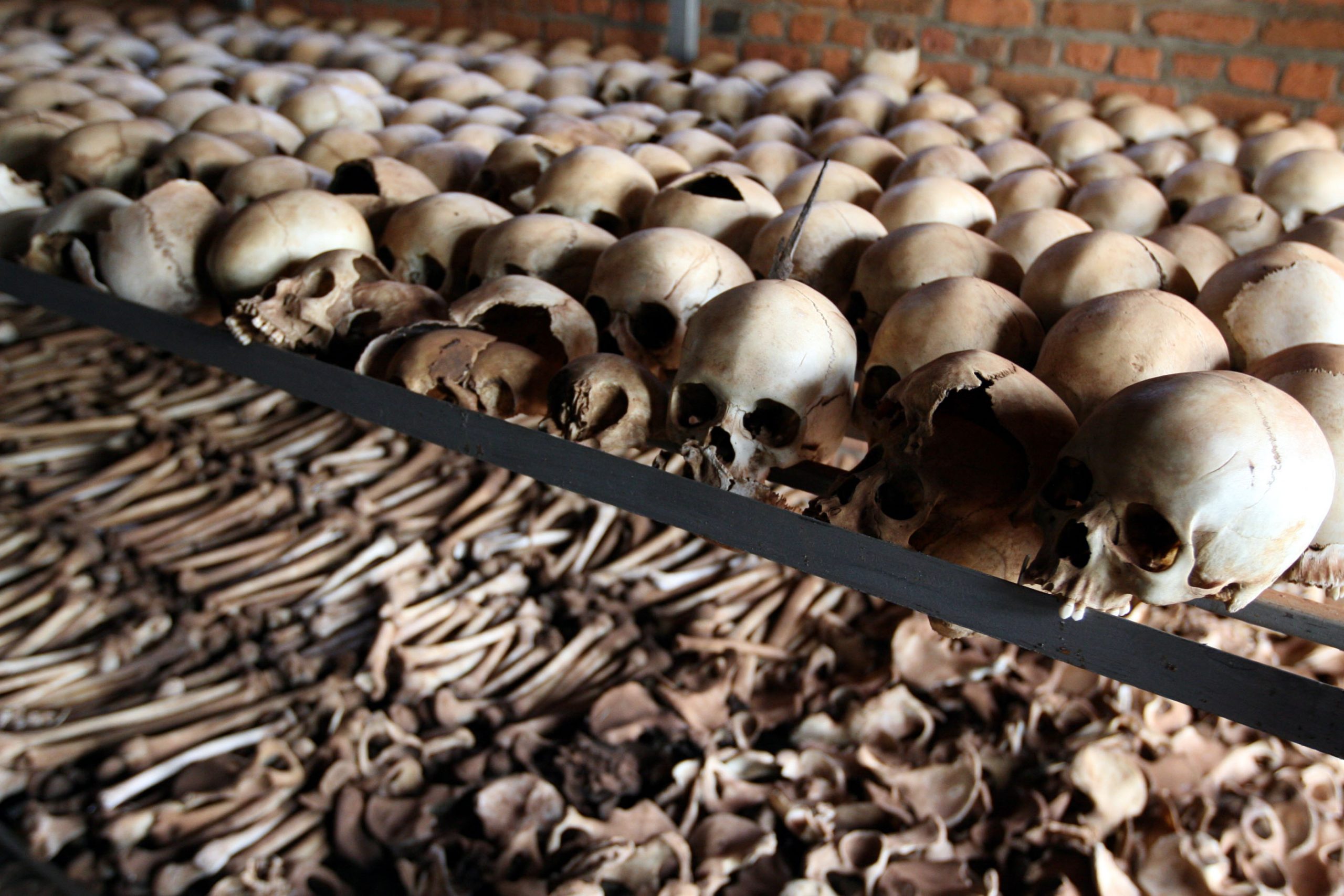
.jpeg-20230411051445000000.jpeg)
